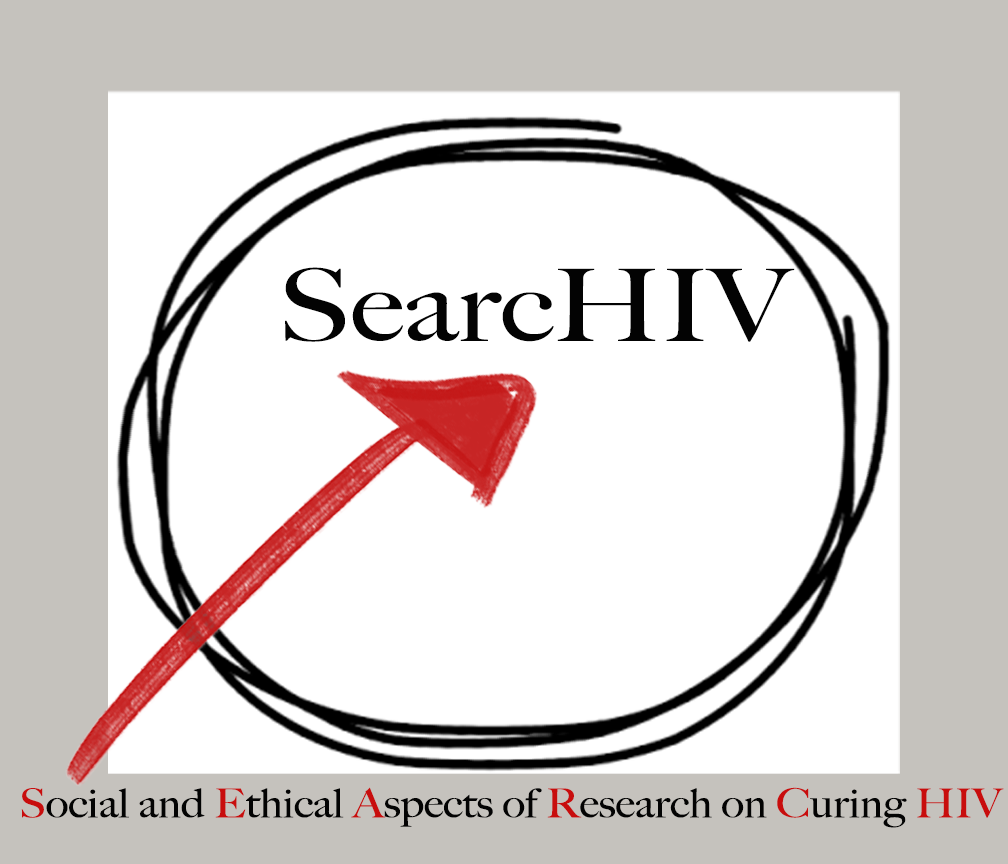The question of whether to use the term ‘HIV cure’, ‘HIV remission’, or ‘HIV something else’ cannot be brushed aside as a superfluous linguistic issue. Words matter for everyone affected by HIV cure research: for researchers, prospective participants, media, research ethics committees, advocates and others. We need to know how to characterize the goals of research, what to expect (or not to expect) from any particular study, what we are fighting for, and whether or not the objectives and potential benefits of research are worth the risks. It is worth recalling that HIV/AIDS itself went through an uncomfortable naming phase, the virus having first been labeled Gay-Related Immune Disease (or GRID). The names we give – even to biological phenomena — sometimes mirror our own uncertainties, prejudices, and anxieties.
Choice of names can be also shaped by confidence or lack thereof. Recent setbacks with the Mississippi child and the Boston patients have led some in the HIV community to switch from bold talk of cure to the more cautious language of remission. What lies behind this striking conceptual shift?
Speaking in terms of HIV remission has some clear advantages: it reflects our current inability to confirm the absence of HIV with current tests; it emphasizes that patients ‘in HIV remission’ must be carefully monitored; it implies that the virus could still be transmitted; and being a term familiar from the cancer field, it may be easier for lay persons to understand. But those living with HIV, their advocates and perhaps even some scientists may find this retreat from cure to remission distressing. The price of such caution is uncertainty: remission implies that HIV could still be in the body; that there may be continued transmission risk; that relapse (in the sense of viral rebound) may be waiting in the wings. What people really desire – cure advocates might argue — is more than a way of controlling HIV without treatment for a period of uncertain duration. Cure stands for something more.
It is unlikely this tension between cure and remission will be resolved anytime soon. A similar tension between cure and remission pervades cancer research and care. Reluctance to use the ‘C-word’, and the recourse to remission, still exists with cancers that really (sometimes) can be cured. Perhaps the question to ask is whether it is reasonable to expect, or even desirable, to reduce our vocabulary to one concept alone. The untidy plurality of concepts might be telling us something. Concepts are not just there to neutrally describe phenomena: they are also meant to do things for us. When we need hope and inspiration, we reach for ‘cure’. When we need to curb our enthusiasm, temper our expectations, and warn against possible harms, we reach for ‘remission’. The result is messy, and undoubtedly can lead to confusions, but we probably would not want it any other way.


One Response to “HIV Cure or HIV Remission: Do We Really Have to Choose?”
Language Used in HIV Cure Research
[…] HIV Cure or HIV Remission: Do We Really Have to Choose? By Stuart Rennie […]